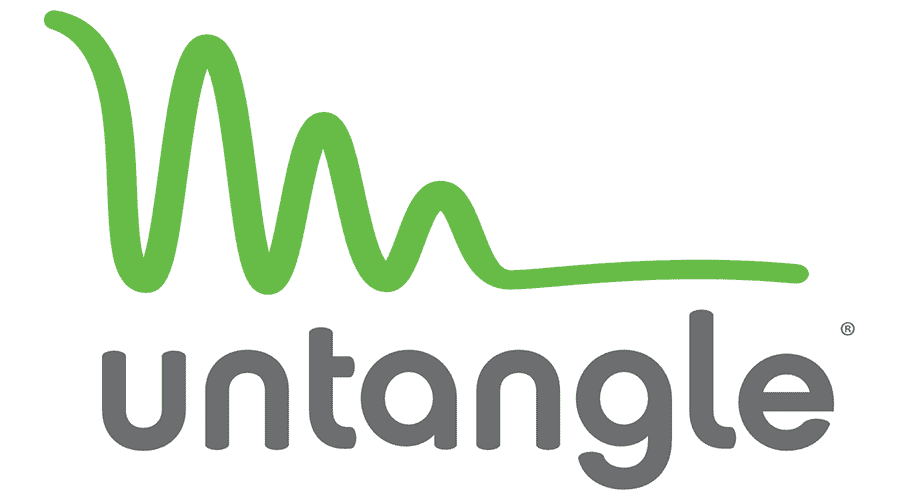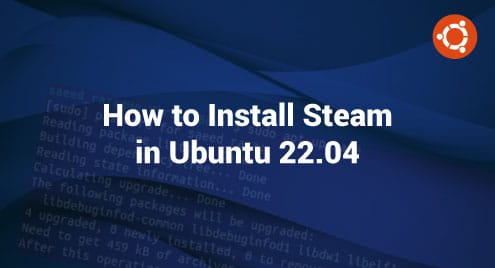In the 1980s, Jeff Mogul, Brian Reid, and Paul Vixie gave the concept of Firewall security to the world. With their first firewall protection software called the gatekeeper.dec, the world was introduced to firewall services and their capabilities. Firewalls protect users’ computers and their internal network from threats and stand as a security guard between the internet and the user’s computer or internal network. With firewalls, computers and the network is secured from any outside threat, internet malware, and unauthorized access. Open-source firewalls are offered for every platform, i.e., for Windows, macOS, Linux, Android, iOS, etc. Linux also has a built-in firewall that resides in the kernel, but it is not very accessible and easy to manage. Also, multiple devices are residing in one network. Linux firewall protects the Linux device whereas the rest of the devices remain exposed to malware and spam. Therefore, firewall software is the best option for securing user’s devices and internal networks from any kind of outside threat. Furthermore, with open-source, users get access to the source code of the firewall software and thereby can help contribute to the list of features along with utilizing the enhanced capabilities of the paradigm. This article compiles a list of the best functioning open-source firewalls that are best mainly for Linux and also some of the other paradigms.
IPFire

The IPFire team developed a well-acclaimed and significantly powerful open-source firewall that works as a router and a firewall at the same time. IPFire offers an individual and independently working firewall system that comes equipped with a web-based management console using which users can perform different configurations.
IPFire is a Linux-based firewall distro. Initially, the paradigm was developed as a part of the IPCop project, but later it was developed and launched as an independent product that was built on top of Netfilter. IPFire can be deployed on a vast assortment of hardware, including ARM devices i.e., Raspberry Pi. IPFire also offers its users’ intrusion detection and prevention functionalities along with enhanced VPN services. Additional functionalities and features can also be added using the advanced and extensive set of add-ons.
Get it now from https://www.ipfire.org/download/ipfire-2.25-core157
IPCop

IPCop firewall comes as an open-source Linux firewall distribution. IPCop team and the active community is continuously working towards improving and developing the most stable firewall that is more secure, offers enhanced privacy, is highly configurable and easily manageable, and is yet at the same time user friendly.
IPCop Firewall is the most well-designed and offers an intuitive web interface to easily manage and maintain the firewall. IPCop is the best option for small businesses, i.e., SMEs and personal computers. ipcop provides a color-coded web interface for monitoring CPU, memory, and disk performance graphics along with observing network throughput. With IPCop users can view and auto-rotate logs, utilize support for multiple languages, utilize enhanced support for most stable add-on patches, etc.
Get it now from https://www.ipcop.org/download.html
NGFirewall

NGFirewall is another open-source firewall that aims at seamlessly protecting and shielding user’s computers and networks from outside threats. NGFirewall, by untangle is an award-winning and one of the most renowned integrated threat management products that are used by more than 40,000 users around the globe.
NGFirewall offers a seamless solution for filtering content via utilizing their advanced threat protection mechanisms. It also provides VPN connectivity and is known for delivering comprehensive protection and providing enterprise-level connectivity and network security. NGFirewall assures their customers’ visibility, security, data, content and network privacy, and network traffic control. Thought the enhanced features and software do not come for free. The service can be used for free for up to 14 days using the free trial, after which NGFirewall comes with different pricing packages.
Get your hands on the free 14-day trial now from https://www.untangle.com/untangle-ng-firewall/free-trial/
IPTables

IPTables offers its users a simple, intuitive, and straightforward platform for implementing and managing firewalls. It comes with a userspace command-line program that is utilized by users to configure and customize the Linux 2.4.x and later packet filtering ruleset according to their requirements and needs.
With IPTables users can configure, manage and maintain the Network Address Translation, list the contents of the packet filter ruleset, add, remove, and alter rules in the packet filter ruleset, list/zeroing per-rule counters of the packet filter ruleset, etc.
Get it now from https://www.netfilter.org/projects/iptables/downloads.html
Shorewall

Shorewall is another open-source firewall software most optimal with Linux. Shorewall is set up and based on the Netfilter, i.e., iptables and ipchains system that is configured into the Linux kernel. Being configured and managed inside the kernel, the tool makes it easier and more efficient to manage highly complex configuration schemes. This is because the Shorewall incorporates a higher level of abstraction that allows describing rules by simply utilizing the text files.
Shorewall being based on the Netfilter, provides its users a connection tracking facility for stateful packet filtering, it provides support for an extensive range of routers, firewall and gateway applications, a centralized firewall administration, enhanced GUI interface with Webmin control panel, multiple ISP support services, provides the ability for port forwarding and masquerading, VPN support, etc.
Get it now from https://shorewall.org/download.htm
Uncomplicated Firewall

Uncomplicated Firewall (UFW) is another open-source firewall tool that provides seamless management Netfilter firewall. As the name suggests, the firewall tool is designed to be uncomplicated, user-friendly, and most simple to use.
UFW uses a command-line interface using which users can customize the firewall service and configure it according to their needs and requirements using the iptables. UFW comes pre-installed in all Ubuntu after version 8.04 LTS. UFW offers many features such as Improved reporting, log levels, upstart support, delete by rule number, reject incoming rules, limit incoming rules (rate-limiting), extensible framework, allow and deny incoming rules, ipv6 rate limiting via ‘limit’ command, increased protocol support (igmp, gre), etc.
Get it now from https://launchpad.net/ufw/+download
Closing Remarks
The article summarizes the top 6 best-rated and most reviewed firewall software for Linux. The discussed tools are all open-source and free except NGFirewall which comes with a free 14-day trial after which the user has to purchase one of the provided pricing packages. Other than that, IPFire, IPCop, IPTables, Shorewall, Uncomplicated Firewall all come free of cost and offer a list of enhanced features for completely securing users’ devices and internal network from outside threats and unauthorized accesses. There are also other renowned and quite famous firewalls such as PfSense and OPNSense, however, both are not much used by Linux users as they require some extensive steps to install the paradigms on Linux and are mostly acclaimed by Ubuntu and other such distributions users. For Linux, the firewall tools discussed in the article, as we believe, are best for the Linux platform.




